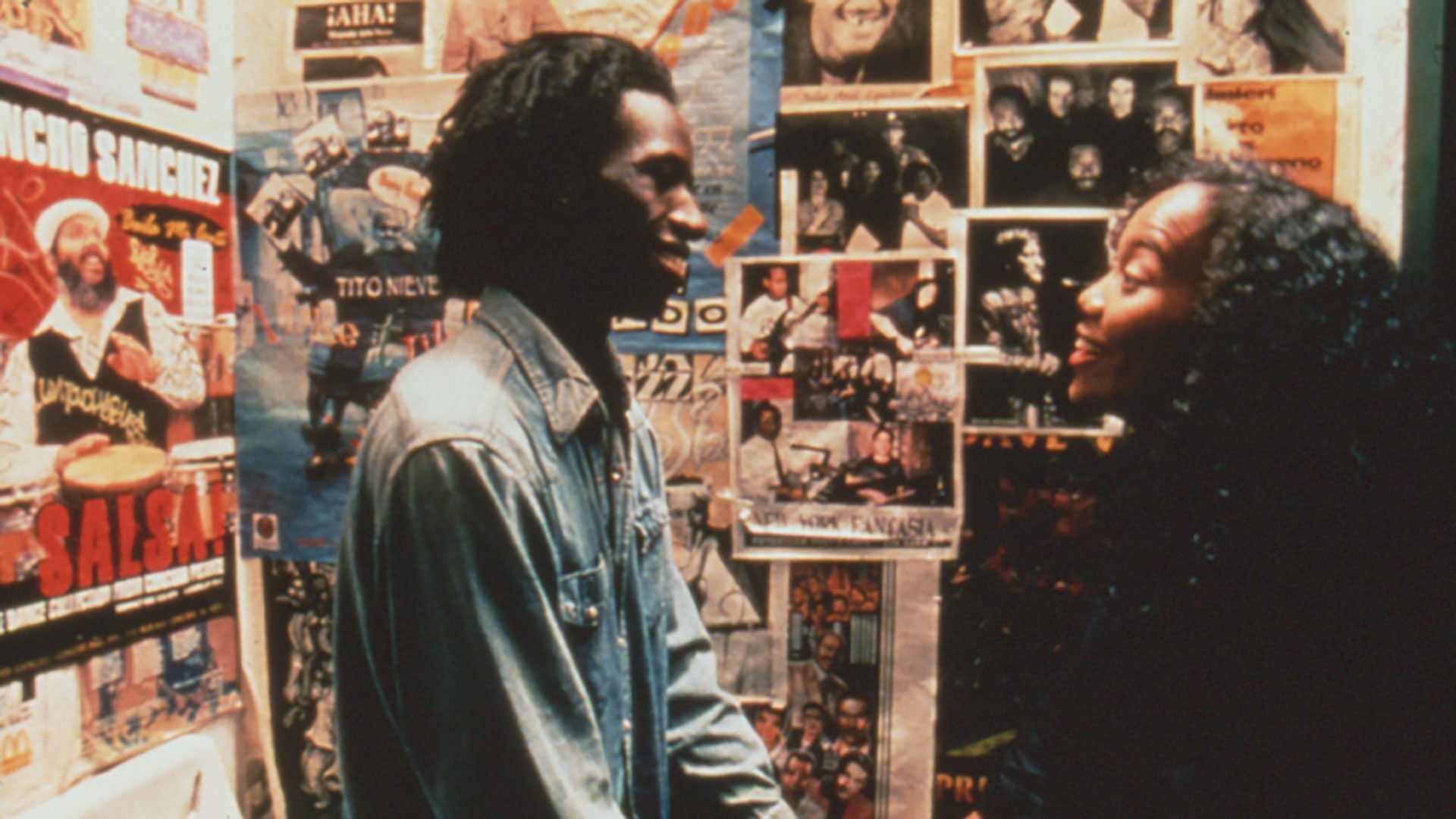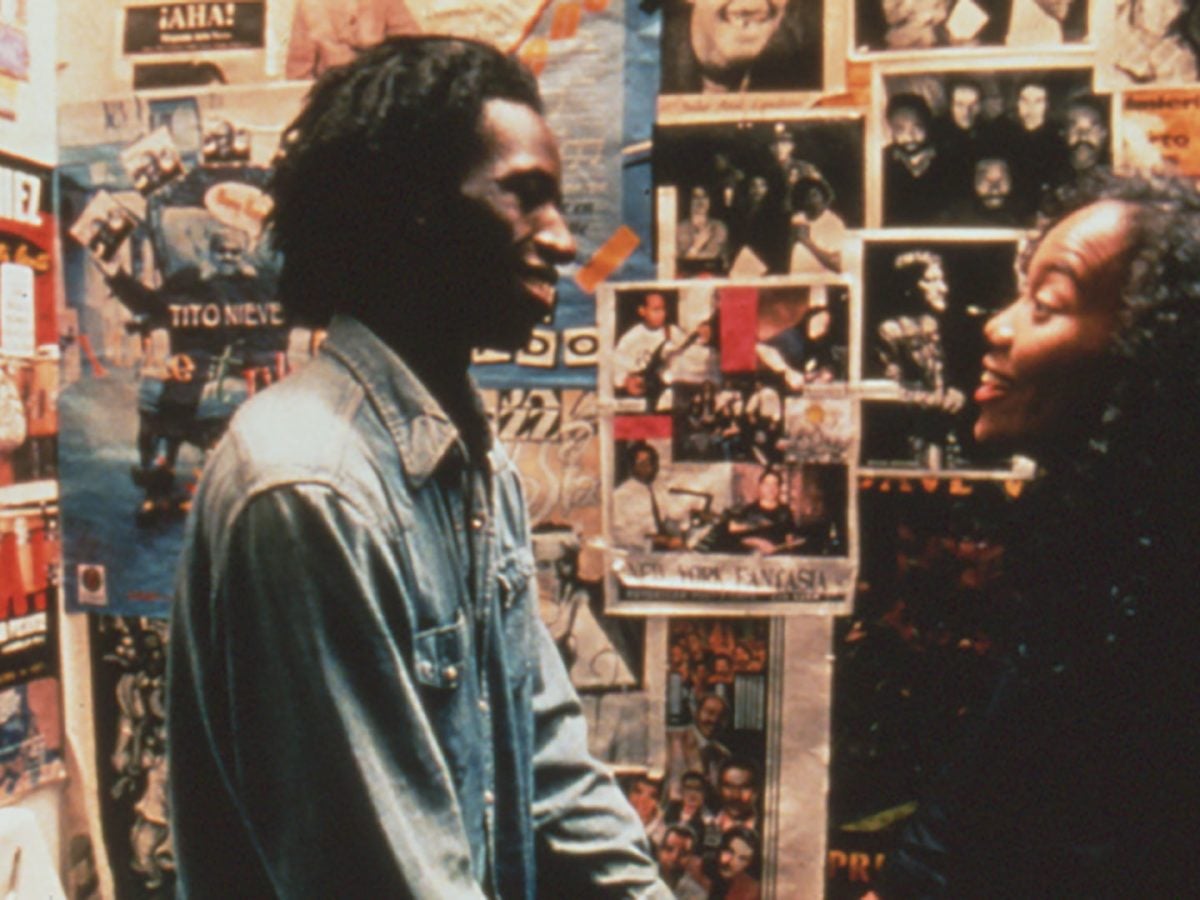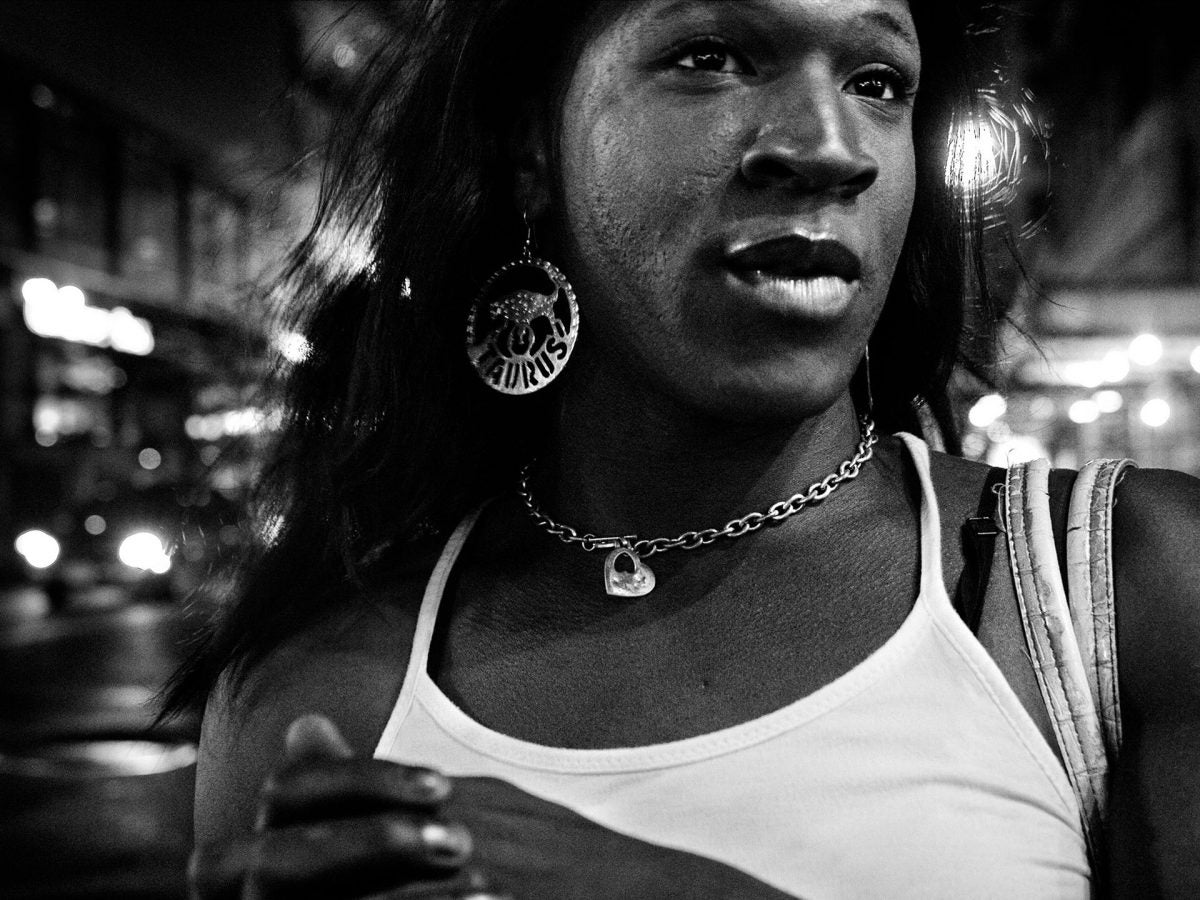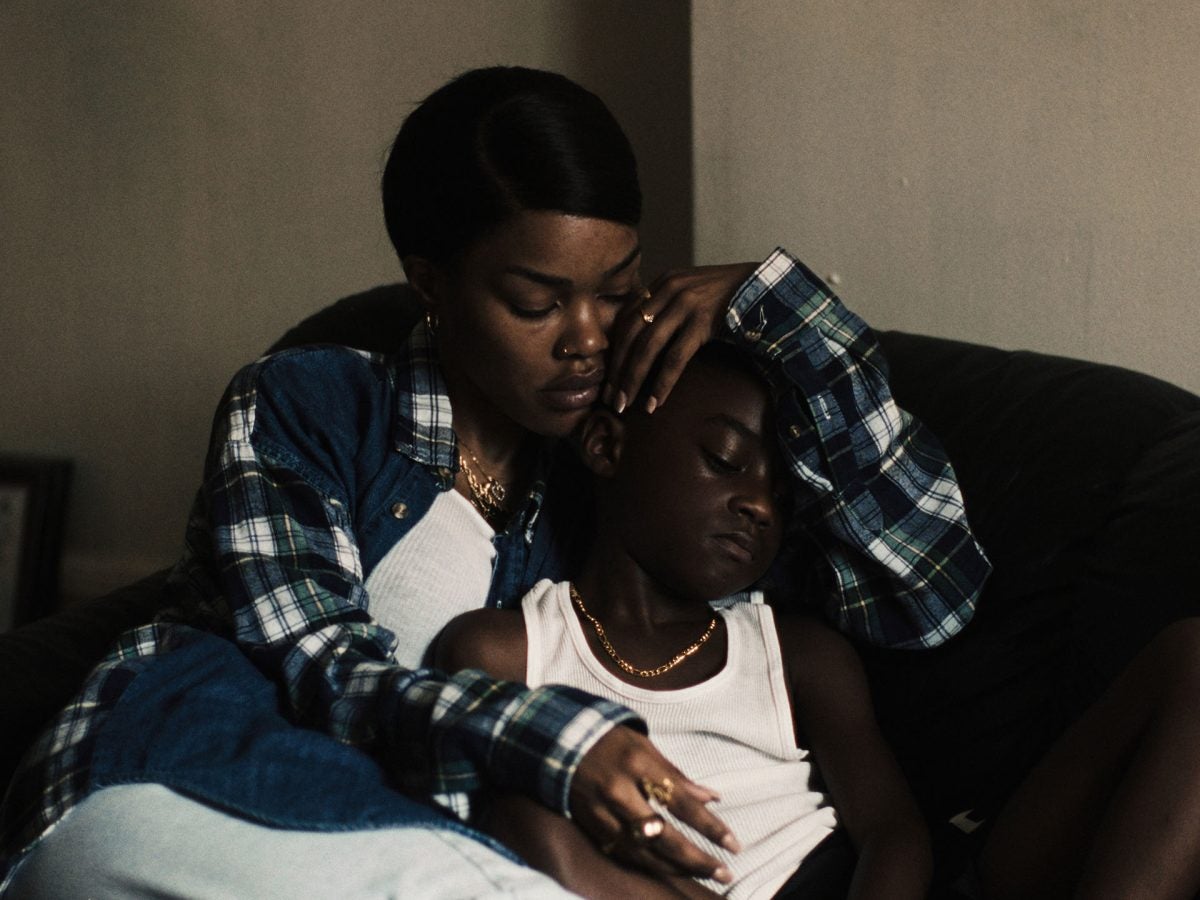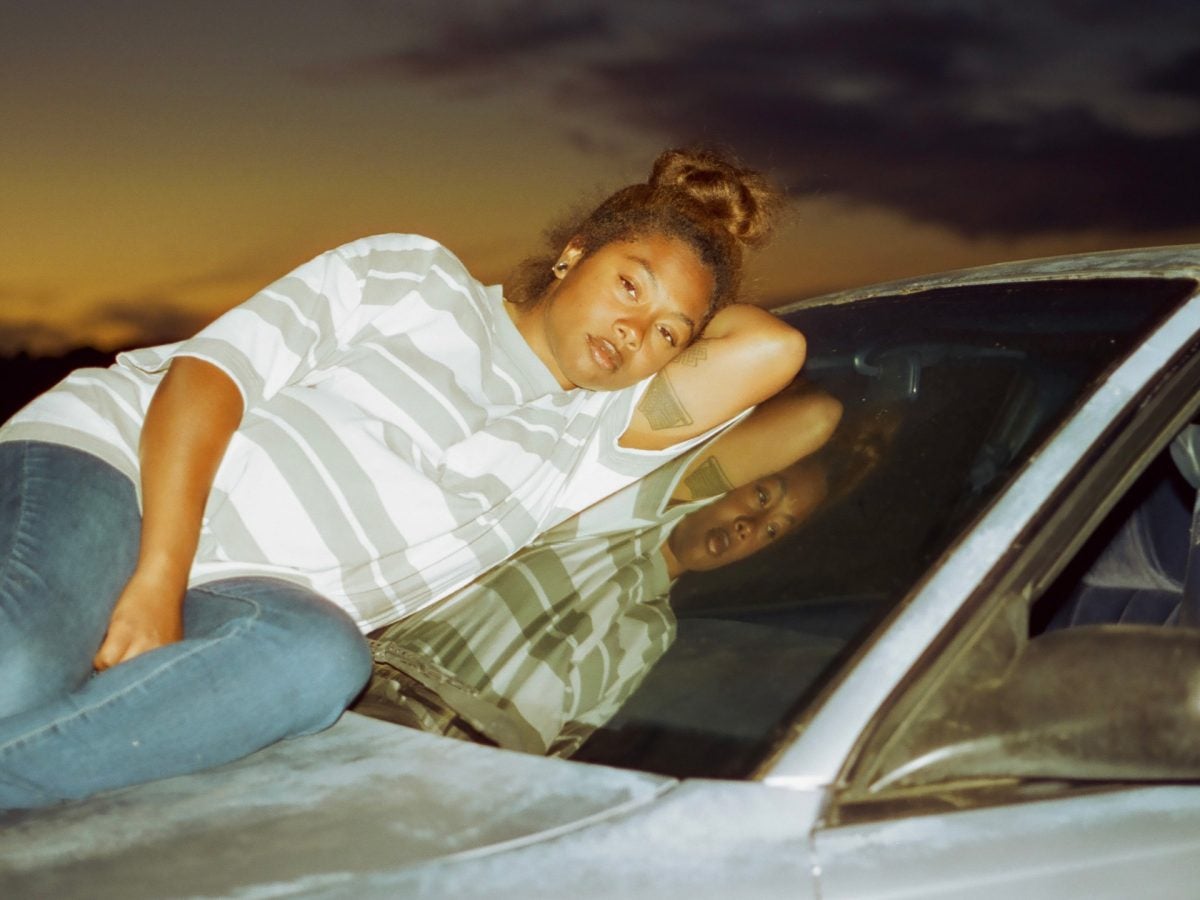As this year’s Sundance Film Festival continues its annual 10-day run, which began January 19, it’s especially exciting to witness its films which spotlight storytelling from new voices and folks with fresh perspectives.
From shorts and features to documentaries, this year consists of an impressive lineup of films from and starring Black creators. Many of which reflect some of the most pervasive issues and topics of today.
Film can be a powerful platform for change — as it serves as a unique medium to inform and influence thought, understanding, and, of course, conversation.
These five Sundance films will get you talking:
Explores the inequity of the criminal justice system
This film initially premiered at the 1998 Sundance Film Festival, but it still resonates today.
Co-writer, Saul Williams, stars in this project that highlights the racist criminal justice system that, too often, causes destruction in the lives of Black and brown Americans. Additionally, inmates and non-professional actors help this story come to life, as many of the roles were portrayed by them.
When Ray (Williams), a talented poet, is incarcerated in D.C. for petty drug possession, his poetry becomes a lifeline as he navigates his sentence and builds an impactful relationship with writing class teacher, Lauren (Sonja Sohn).
In honor of the 25th anniversary of “SLAM” this winner of the 1998 Sundance Grand Jury Prize has been restored and screened at this year’s festival. “Slam not only showcased the work of pioneering artists and poets like Saul Williams, Sonja Sohn, Beau Sia, Liza Jesse Peterson and others,” said John Nein, Senior Programmer & Director of Strategic Initiatives at Sundance Institute, “it also inspired untold numbers of younger poets and contributed to the criminal justice reform movement of the 1990s.”
The transgender women of color who created the history of NYC’s meatpacking district
In this documentary, the origin story of New York City’s Meatpacking District is told by the transgender women of color who created it.
Through the telling of this story, directors Kristen Lovell and Zackary Drucker, are also shedding light on the employment discrimination faced by these women that oftentimes led them to sex work for survival and the heavy policing and violence they faced.
Additionally, “The Stroll” explores the role that gentrification played in the construction of the present-day neighborhood and how that has impacted these women.
“The Stroll” will air on HBO and HBO Max later this year.
Redemption and the lasting impact of poverty and crime
Teyana Taylor stars in this film that tells an all-too-realistic story of a woman trying to build a life for herself and her child while facing a gentrifying city plagued by racist politics and policies.
Produced by Lena Waithe and written and directed by A.V. Rockwell, this film is a testament to the complicated and challenging choices people are forced to make in response to a world that can make survival an extreme challenge. It also looks at the role that family can, and oftentimes does, play in providing solid ground. “A Thousdand and One” will open in theaters on March 31.
Drugs and Black mental health
The ways mental health challenges can wreak havoc are on full display in this film by Qasim Basir.
Starring Amin Joseph, Skye P. Marshall, Cory Hardrict, and Omari Hardwick, this film introduces audiences to Muhammad (Joseph), a film director who returns home to Detroit for his stepfather’s funeral. He is consumed by the effects of drug addiction and intoxication of love, all while dealing with the pressures of providing for family and friends.
This film is sure to encourage audiences to continue crucial conversations on mental health care in the Black community.
Young mother navigating the challenges of life, the foster care system, and adoption
Erika Alexander and Bokeem Woodbine star in this film alongside newcomer Tia Nomore.
The story of Gia (Nomore), a pregnant single mother whose two children are in foster care, is told in A24-backed “Earth Mama” by filmmaker and former Olympian, Savanah Leaf.
Gia, who works at a Bay Area portrait studio (a job that doesn’t provide the financial support needed), hopes to get her children out of foster care while fearing her unborn baby will be taken from her. As she faces the challenges of trying to make ends meet and satisfy court orders, she considers putting her child up for adoption — with hopes to give her baby a better future.
